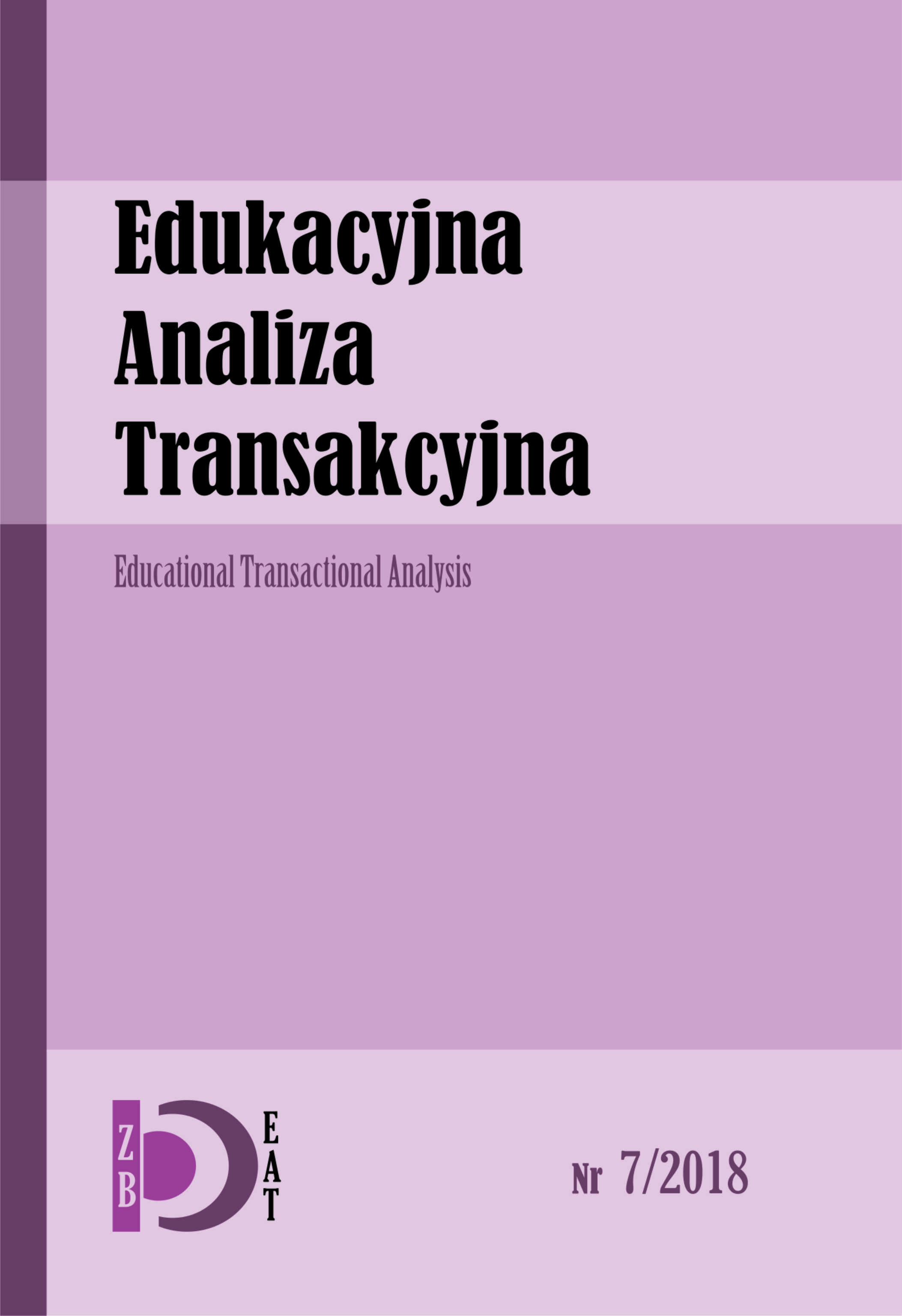Smartphone as a tool for teaching and communicating with students
- Authors
-
-
Beata Bogusławska-Kręgiel, mgr
-
- Keywords:
- smartphone, mathematical applications, school, students, Internet
- Abstract
-
The aim of the article is to present positive aspects of using smartphones by students. Most of the publications (some of which are cited in this article) concern the dangers connected with improper and excessive smartphone use. For contemporary youth, who are raised with social media, real life is equally important as virtual. If the school does not perceive this fact, it starts to be unattractive.
In the article the author describes her experience as a math teacher who is trying to find her place in the world of her students. The publication includes both the results of the survey and conclusions from her experience. The research was conducted among a group of high school students. It involved establishing a lasting relationship with the students in social media and using the media to communicate and help in learning. Another aspect of the study concerned the use of smartphone capabilities directly in the lesson as a source of information (Internet), a device replacing photo-copiers (photos of tasks) and didactic help in the form of various free mathematical applications.
The author presents various applications, compares their capabilities and describes the students' as well as her own reflections on working with the phone.
- Downloads
-
Download data is not yet available.
- Author Biography
- Downloads
- Published
- 2018-12-30
- Issue
- No. 7 (2018)
- Section
- On the border of fields
- License
-
AUTHOR'S STATEMENT
I am aware that the Educational Transactional Analysis journal is published under a Creative Commons license - Attribution (https://creativecommons.org/licenses/by/4.0/legalcode).
By submitting the article, I agree to make it available under this license
How to Cite
Similar Articles
- Justyna Józefowicz, Effective school in a crisis COVID-19 , The Educational Transactional Analysis: No. 10 (2021)
- Bożena Marzec, dr, Teacher’s Actions and Reactions to Aggressive Behaviours of Children at Pre-school Age , The Educational Transactional Analysis: No. 6 (2017)
- Natalia Pendziałek, The experience of online grooming in the perspective of “digital natives” , The Educational Transactional Analysis: No. 12 (2023)
- Piotr Jusik, mgr, Strokes, games and learning in groups , The Educational Transactional Analysis: No. 7 (2018)
- Anna Kropiewnicka-Mielko, Multicultural school. Students’ identity and value system , The Educational Transactional Analysis: No. 12 (2023)
- Eunika BARON-POLAŃCZYK, Computer games in the hierarchy of importance of children’ and adolescents’ activities in the ICT world – research report: learners’ and teachers’ opinions , The Educational Transactional Analysis: No. 11 (2022)
- Adrianna Sarnat-Ciastko, Katarzyna Nowak, Resilience levels of paupils participating in the pilot of the prevention programme "SPARK Resilience" (ISKRA Odporności) , The Educational Transactional Analysis: No. 11 (2022)
- Izabe Chróst-Jóźwiak, mgr, The tangle of knowledge and culture: Humans surfing on the Internet. Chances for self-education in cyberspace , The Educational Transactional Analysis: No. 4 (2015)
- JoannaDziekonska, Peer Play in Transformation: From Playground "Tag" to the Internet Challenge , The Educational Transactional Analysis: No. 14 (2025)
- Agnieszka Kolek, Sylwia Galanciak, Problematic internet use and young adult mental health , The Educational Transactional Analysis: No. 13 (2024)
You may also start an advanced similarity search for this article.

